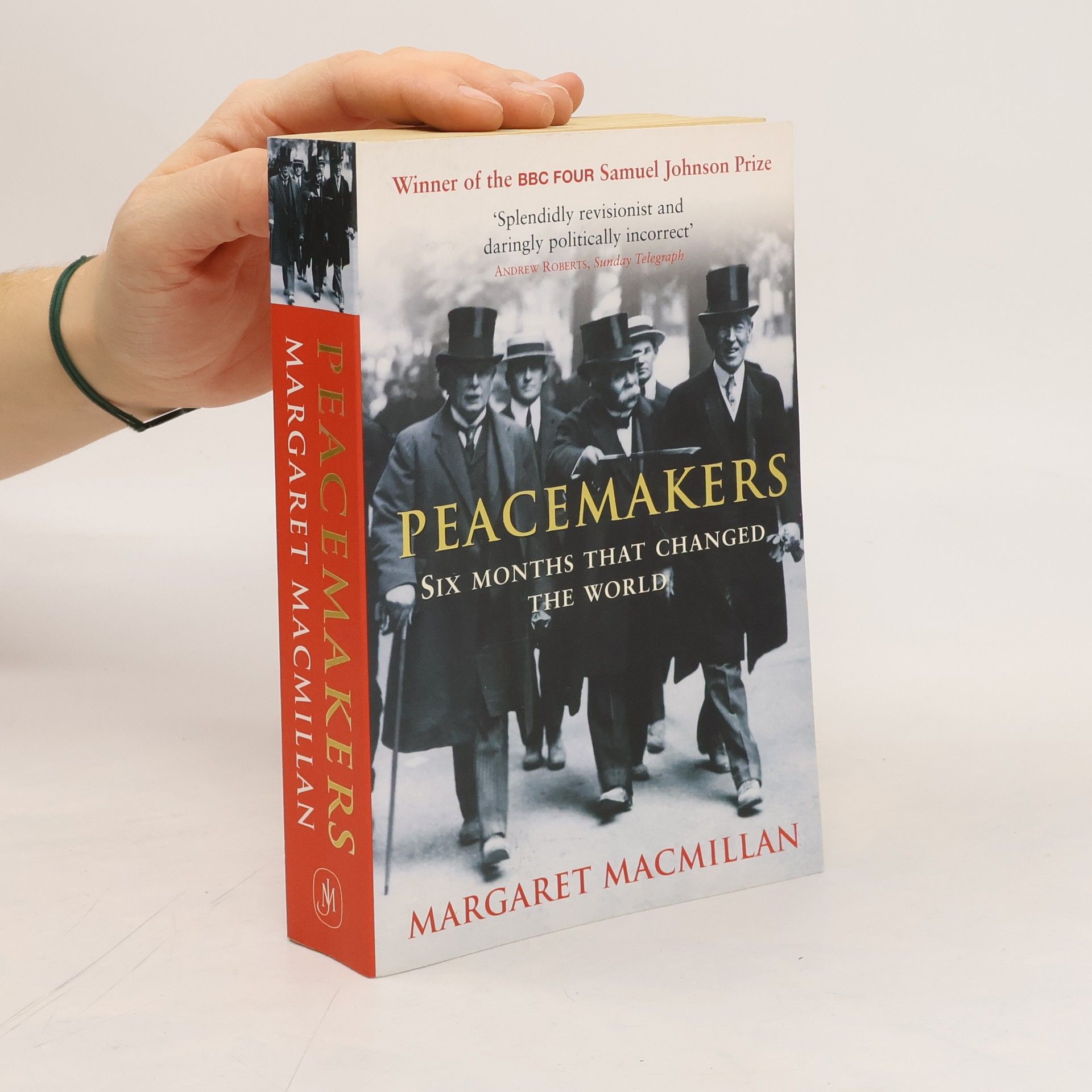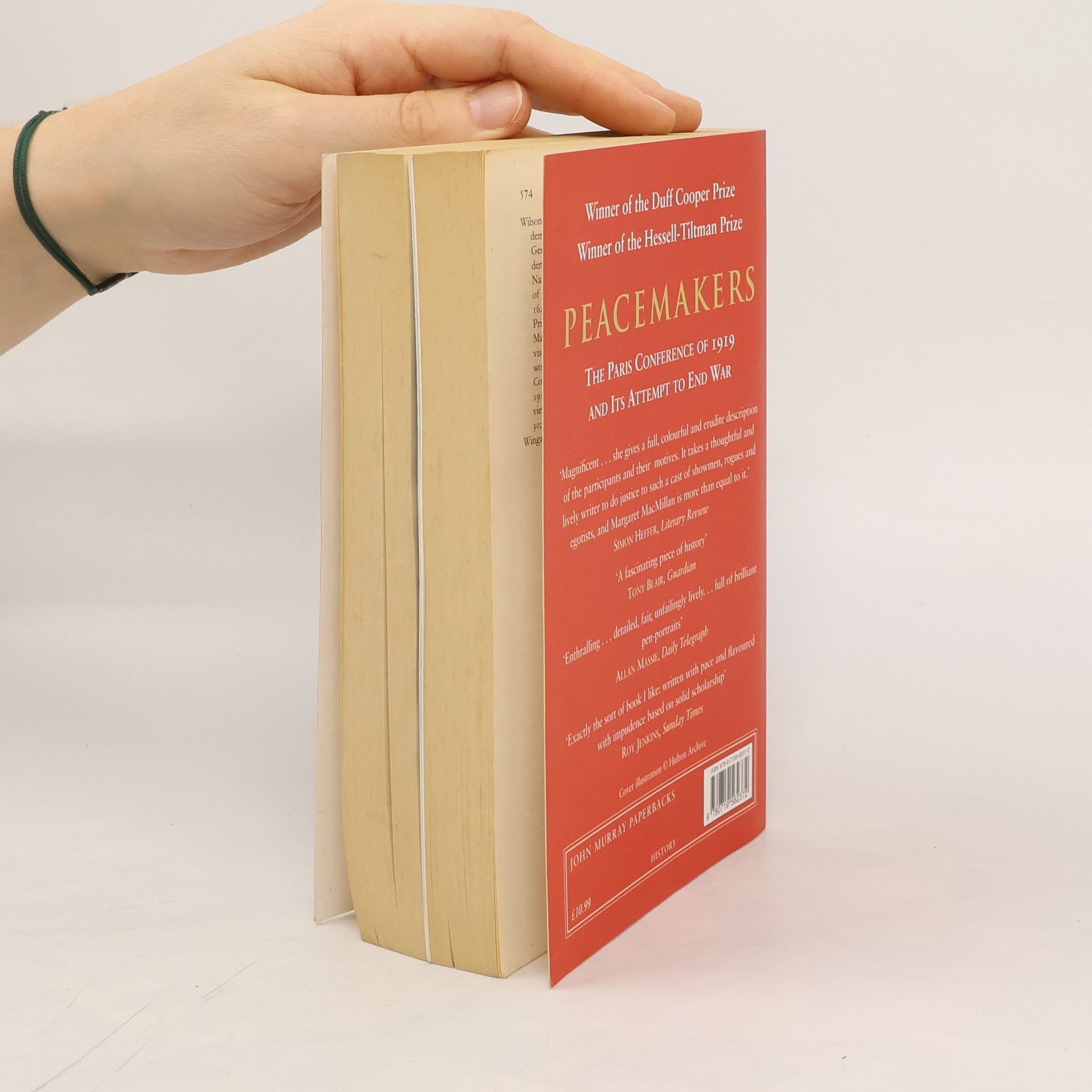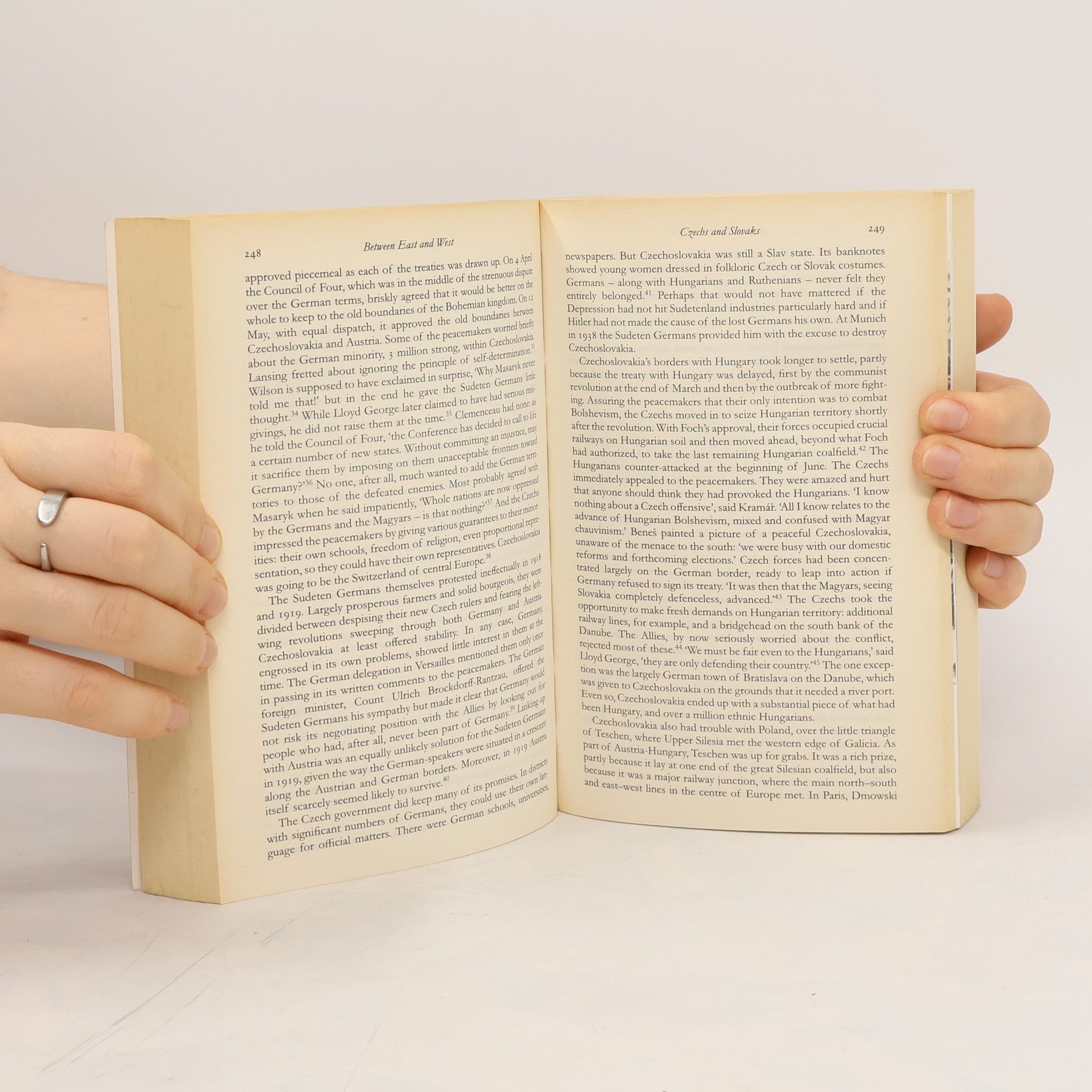Parameters
- 592 pages
- 21 hours of reading
More about the book
Between January and July 1919, following "the war to end all wars," individuals from across the globe gathered in Paris to forge a new peace. At the forefront was American President Woodrow Wilson, whose Fourteen Points inspired many with the hope of realizing their dreams. Wilson, characterized by his sternness and idealism, envisioned a League of Nations to peacefully resolve future conflicts. Alongside him were notable figures like British Prime Minister David Lloyd George, who included Winston Churchill and John Maynard Keynes in his delegation. Lawrence of Arabia represented the Arab interests, while Ho Chi Minh, then a kitchen assistant, sought independence for Vietnam. For six months, Paris became the epicenter of global diplomacy as peacemakers dismantled empires and established new nations. This narrative illuminates the personalities, ideals, and biases of those who influenced the settlement, revealing how they marginalized Russia, alienated China, and overlooked Arab concerns. They grappled with issues affecting Kosovo, the Kurds, and Jewish homeland aspirations. While often blamed for the failures that led to another war, Margaret MacMillan contends that these peacemakers have been unjustly scapegoated for the subsequent mistakes of later leaders, challenging the conventional view of the Versailles Treaty’s role in the onset of World War II.
Book purchase
Peacemakers : six months that changed the world, Margaret MacMillan
- Language
- Released
- 2003
- product-detail.submit-box.info.binding
- (Paperback)
Payment methods
We’re missing your review here.


